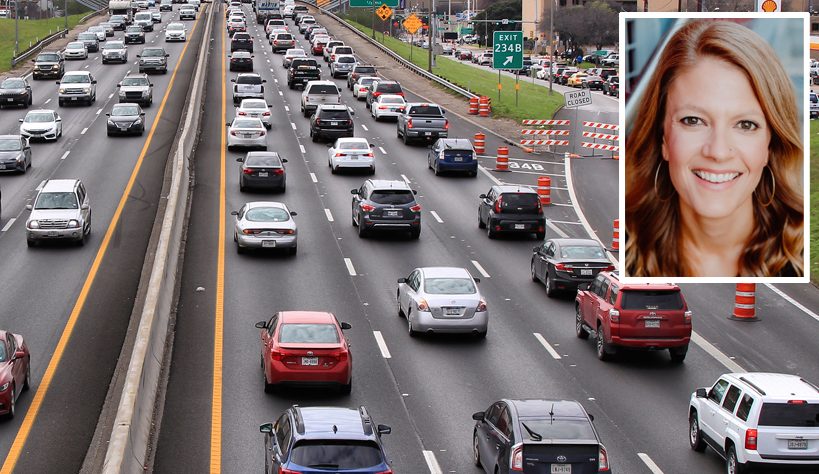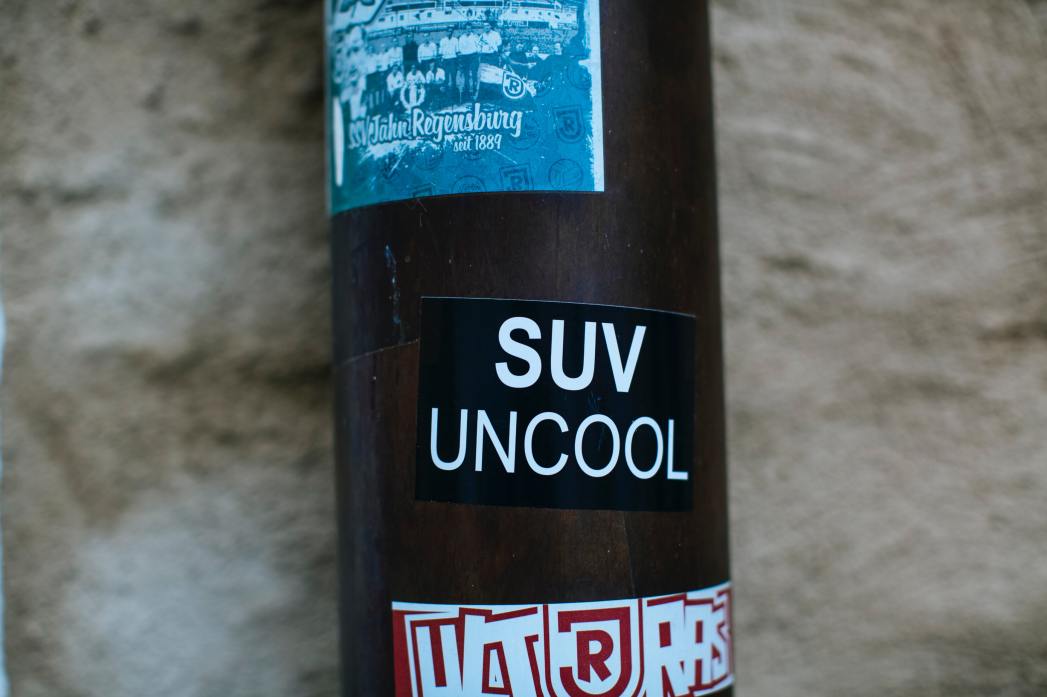Why is there even an Uber?
We know the app-based cabs like Uber and Lyft make cities worse. Even the companies admit they have increased traffic by 13 percent in San Francisco and 8 percent in D.C.
We know they're undermining transit. Uber was open about its status as a competitor to public transit in its disastrous IPO. And one study estimates that Uber and Lyft alone have caused a 13-percent reduction in transit ridership in San Francisco over the last decade. Transit ridership is cratering in other cities, too.
Uber and Lyft's business model is predicated on massive labor exploitation. Their millions of drivers enjoy next to zero rights or protections because they are classified as "independent contractors," a galling misrepresentation that could reverberate with future generations of workers for decades.
To top it all off, Uber can't even make money — and loses shareholders' money obscenely. The company lost $5.2 billion last quarter alone. In all, Uber has lost about $16.86 billion, Aaron Gordon at Jalponik reports. And Lyft has lost plenty too — and still expects to lose another billion next year (though less than in previous years).
That's a lot of money that customers are pumping into app-based cabs. It's not completely apples to apples, but imagine if all that money had instead been spent on transit — those tens of billions could fund about a half-dozen transformative rail transit projects across the country, such as L.A.'s Purple Line Extension, Minneapolis's Green Line Extension, Seattle's Link Rail Extension, D.C.'s Purple Line and others.
Instead, we have worse traffic, worse transit, more pollution. To top it off, a bunch of retirees invested in mutual funds are now losing their hard-earned money to make it all happen.
Of course, there's a chicken-and-egg problem here: Uber and Lyft's urban customers are taking literally millions of rides in the companies' cars — an option that simply did not exist a decade ago. They're choosing Uber and Lyft over public transit and biking (and, to a lesser degree, their own cars) for a reason — it's faster and more convenient than public transit, and is an affordable luxury for many.
It's not up to Uber and Lyft to fix that problem — it's up to our leaders to give their constituents more options for cheap, safe commuting. Unlike Uber and Lyft, mass transit does not need to make a profit, so mayors and governors should invest public money on the greatest public good: public transit.
Until then, we're stuck with Uber and Lyft filling a gap that never should have existed. Analyst Bruce Schaller estimates, 60 percent of all trips in Uber and Lyft would have been made by walking, transit or avoided — had the service not existed. Only 17 percent of trips would have been made in a private car. And for every mile it replaces in driving, it adds 2.6 miles of driving, since Uber and Lyft business model relies on having drivers cruise without passengers.
Cities are starting to figure this out. New York just capped the number of Uber and Lyft drivers and is now requiring the app-based cab companies to reduce cruising by 10 percent. Boston is considering fees on every ride to reduce congestion and raise money for local governments. And Vancouver doesn't allow the app-based ride share companies at all.
It's a start.





